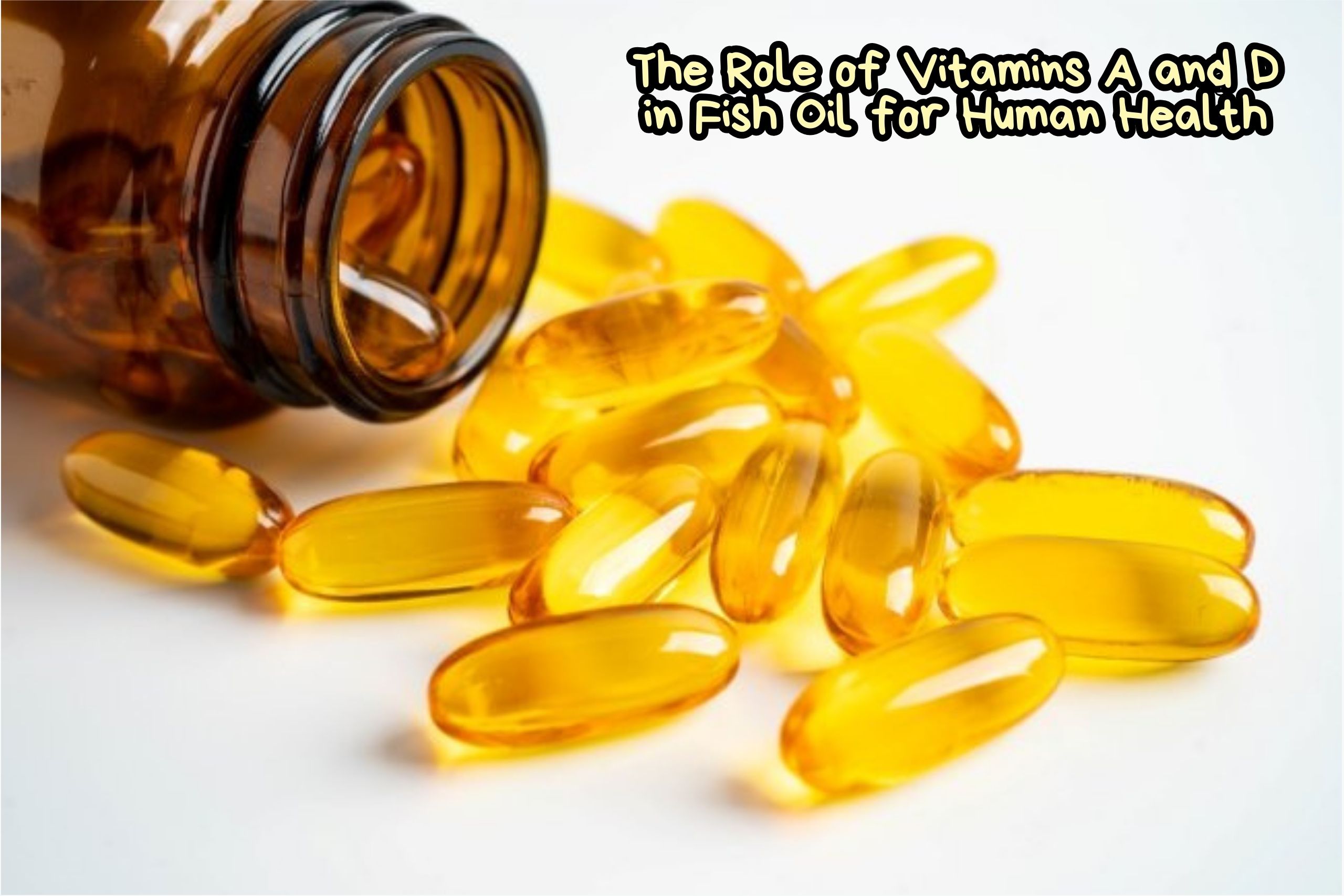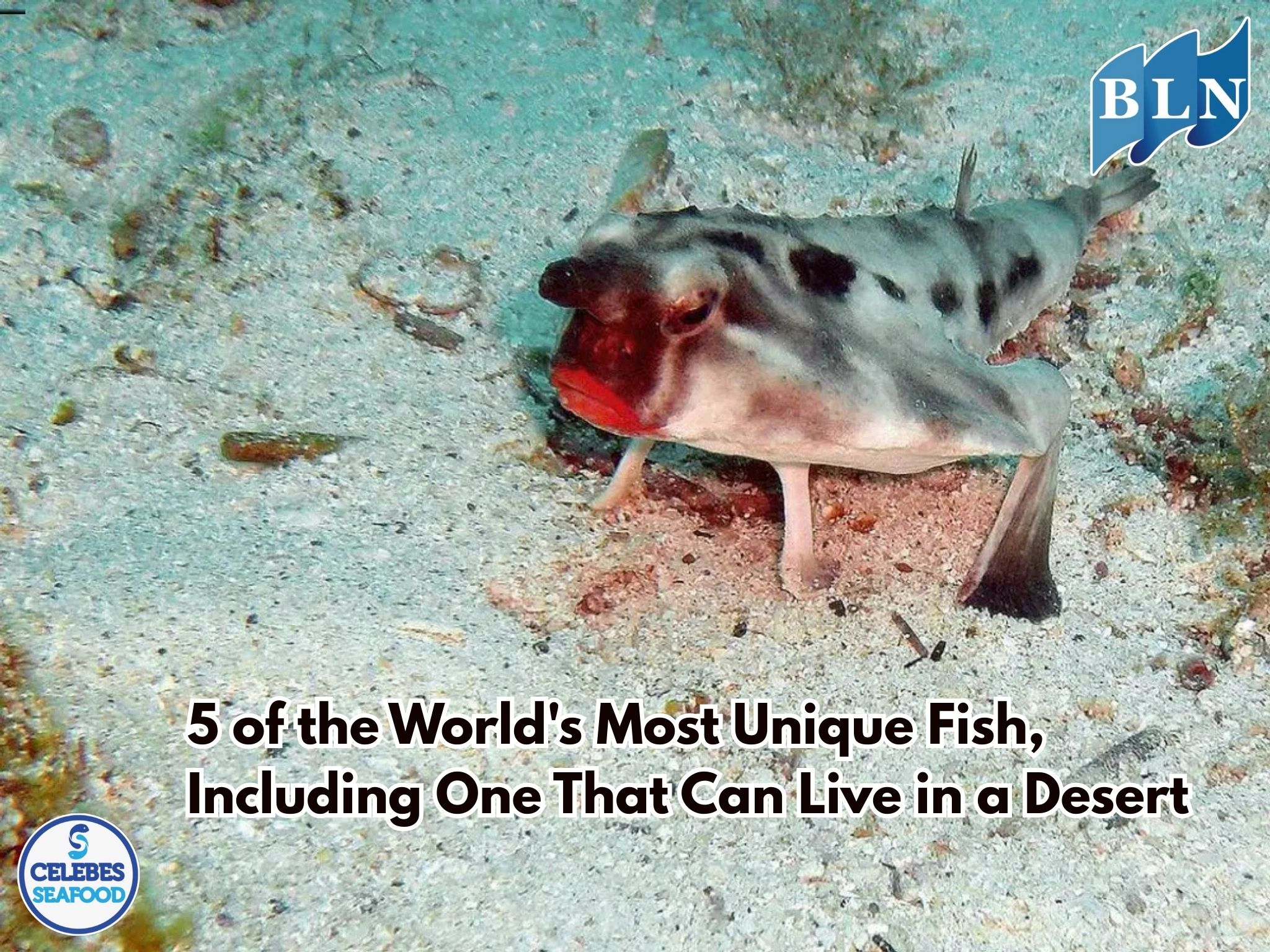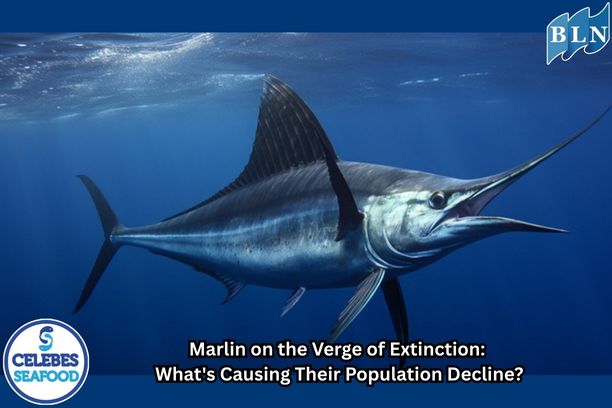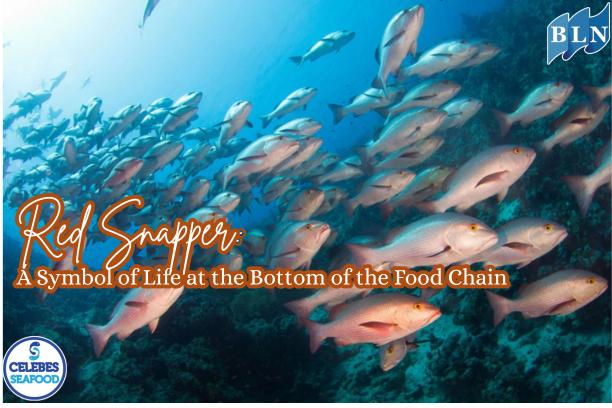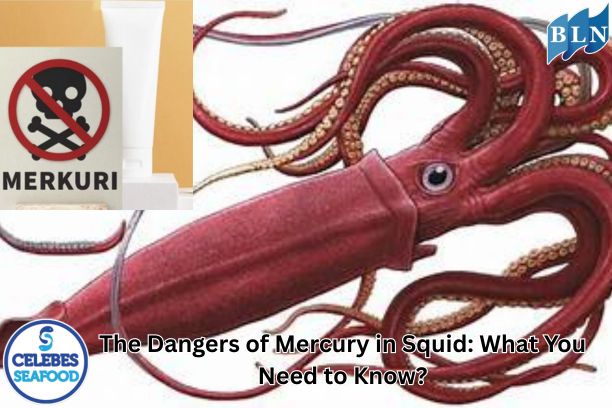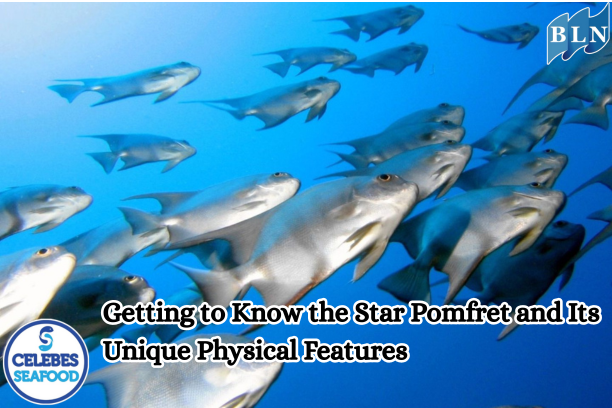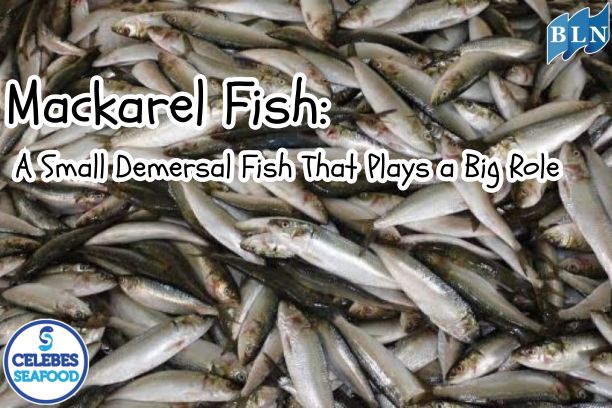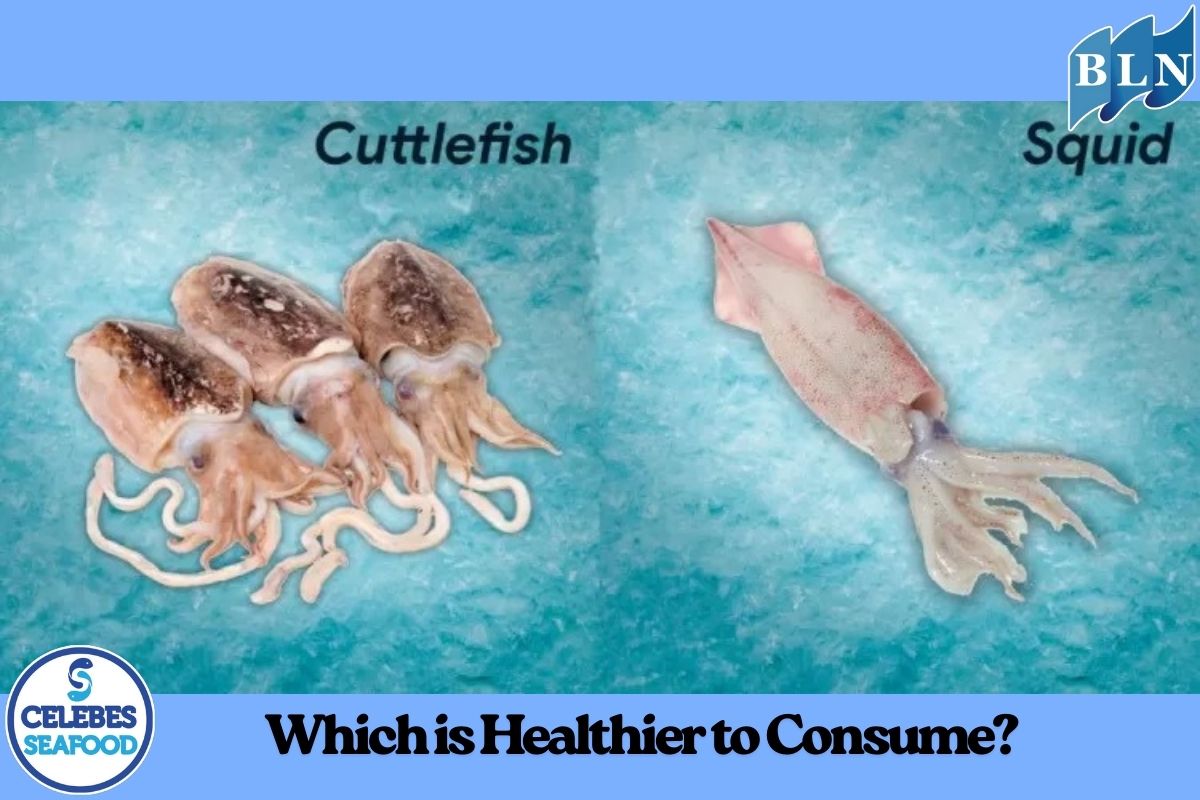Economic Impacts of Plastic Pollution on the Fishing Industry
By. Edi - 05 May 2025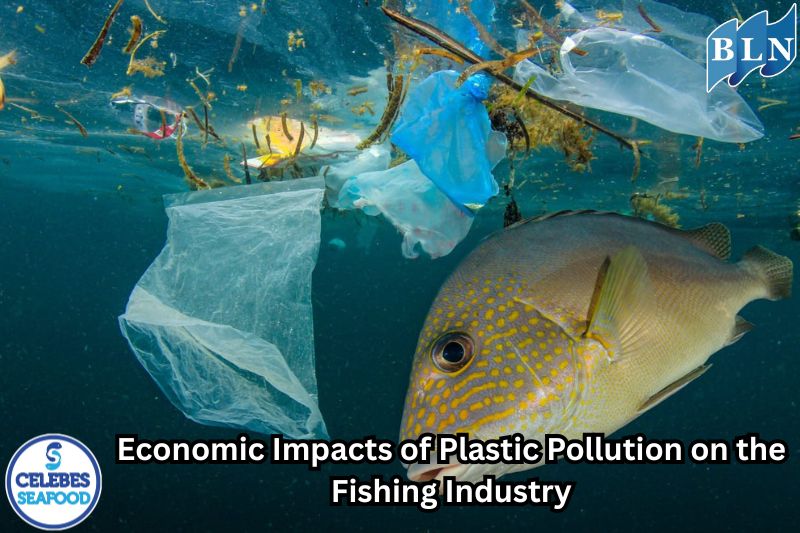
Lautnusantara.com Plastic pollution in the ocean has a significant economic impact on the fishing industry in several ways:
1. Reduced Catch and Fishermen's Income:
- Marine Biota Impactead: Plastic is often mistaken for food by fish and other marine animals. Consumption of plastic can cause death, internal injuries, and digestive disorders. In addition, plastic waste such as used nets and ropes can entangle marine biota, resulting in unnecessary deaths.
- Habitat Destruction: The accumulation of plastic waste can damage important ecosystems such as coral reefs and seagrass beds that are breeding and feeding grounds for various types of fish. This habitat destruction directly reduces the population of fish that can be caught.
- Microplastics in the Food Chain: Microplastics originating from the degradation of plastic waste can be ingested by small organisms such as plankton. Then, these microplastics move to larger fish and can eventually be consumed by humans. Concerns about this contamination can reduce the demand and price of fish in the market.
- Fishermen Have to Go Further Out to Sea: Fishing areas contaminated with plastic waste become less productive. As a result, fishermen in Makassar may have to go further out to sea to get the same catch, increasing operational costs such as fuel and time.
2. Equipment and Operational Damage:
- Damage to vessels and fishing gear: Plastic waste can wrap around vessel propellers, clog engine cooling systems, and damage nets and other fishing gear, resulting in high repair and replacement costs and lost operational time.
- Increased operational costs: Fishermen may have to go further out to sea to avoid areas contaminated with plastic waste, which increases fuel costs and travel time.
3. Decreased Demand and Selling Value of Fish:
- Negative Consumer Perception: News and information about plastic pollution in the ocean and potential contamination of fishery products can create negative perceptions among consumers. This can reduce their interest in buying fish, which ultimately reduces demand and the selling price of fish.
- Food Quality and Safety Standards: If fishery products are proven to contain microplastics or hazardous substances from plastic, then the product can be rejected in markets with strict food quality and safety standards, especially in export markets.
4. Impact on the Marine Tourism Sector:
Coasts and waters polluted by plastic waste will reduce the appeal of tourists. The decrease in the number of tourists will also have an impact on the demand for fishery products in restaurants and local markets that depend on the tourism sector.
Estimated Economic Losses:
Various studies have tried to estimate the economic losses due to plastic pollution in the sea. In Indonesia, economic losses due to plastic waste in the sea are estimated to reach IDR 250 trillion to IDR 300 trillion per year. The capture fisheries sector is one of the most affected due to the decrease in catches.
Mitigation Efforts:
- Overcoming this economic impact requires comprehensive action, including:
- Reducing the production and use of plastic, especially single-use plastic.
- Improving the waste management system on land so that it does not end up in the sea.
- Cleaning up plastic waste in the sea and on the coast.
- Education and increasing public awareness about the dangers of plastic pollution.
- Development of technology and innovation to recycle and process plastic waste.
By effectively addressing the problem of plastic pollution, we can protect the sustainability of the fishing industry, maintain the livelihoods of fishermen, and ensure the availability of healthy seafood sources for the community.
If you are interested in our product SLIPPER LOBSTER WHOLE ROUND, SLIPPER LOBSTER MEAT, Coral Trout Fillet Skin On,OCTOPUS WHOLE CLEANED FLOWER TYPE please do not hesitate to contact us through email and/or whatsapp.
